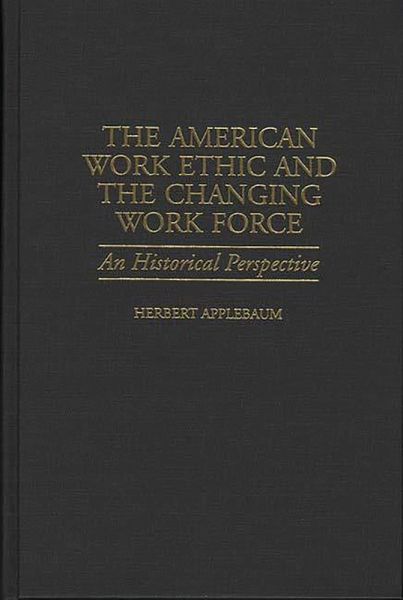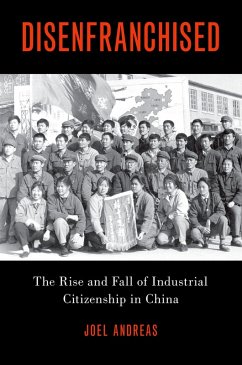
The American Work Ethic and the Changing Work Force (eBook, PDF)
An Historical Perspective
Versandkostenfrei!
Sofort per Download lieferbar
58,95 €
inkl. MwSt.
Weitere Ausgaben:

PAYBACK Punkte
29 °P sammeln!
A major force in American society, the work ethic has played a pivotal role in U.S. history, affecting cultural, social, and economic institutions. But what is the American work ethic? Not only has it changed from one era to another, but it varies with race, gender, and occupation. Considering such diverse groups as Colonial craftsmen, slaves, 19th century women, and 20th century factory workers, this book provides a history of the American work ethic from Colonial times to the present. Tracing both continuities and differences, the book is divided into sections on the Colonial era, the 19th c...
A major force in American society, the work ethic has played a pivotal role in U.S. history, affecting cultural, social, and economic institutions. But what is the American work ethic? Not only has it changed from one era to another, but it varies with race, gender, and occupation. Considering such diverse groups as Colonial craftsmen, slaves, 19th century women, and 20th century factory workers, this book provides a history of the American work ethic from Colonial times to the present. Tracing both continuities and differences, the book is divided into sections on the Colonial era, the 19th century and the 20th century and includes chapters on both major occupational groups, such as farmers, factory workers, laborers, and gender, racial, and ethnic minorities. This approach, which covers all major groups in U.S. history, enables the reader to discern how the work ethic applied to different occupational and ethnic groups over time. The book subjects the work ethic to an analysis based on historical, sociological, economic, and anthropological perspectives and provides an analysis of current thinking about how the work ethic applied to various groups and classes in different historical periods.













